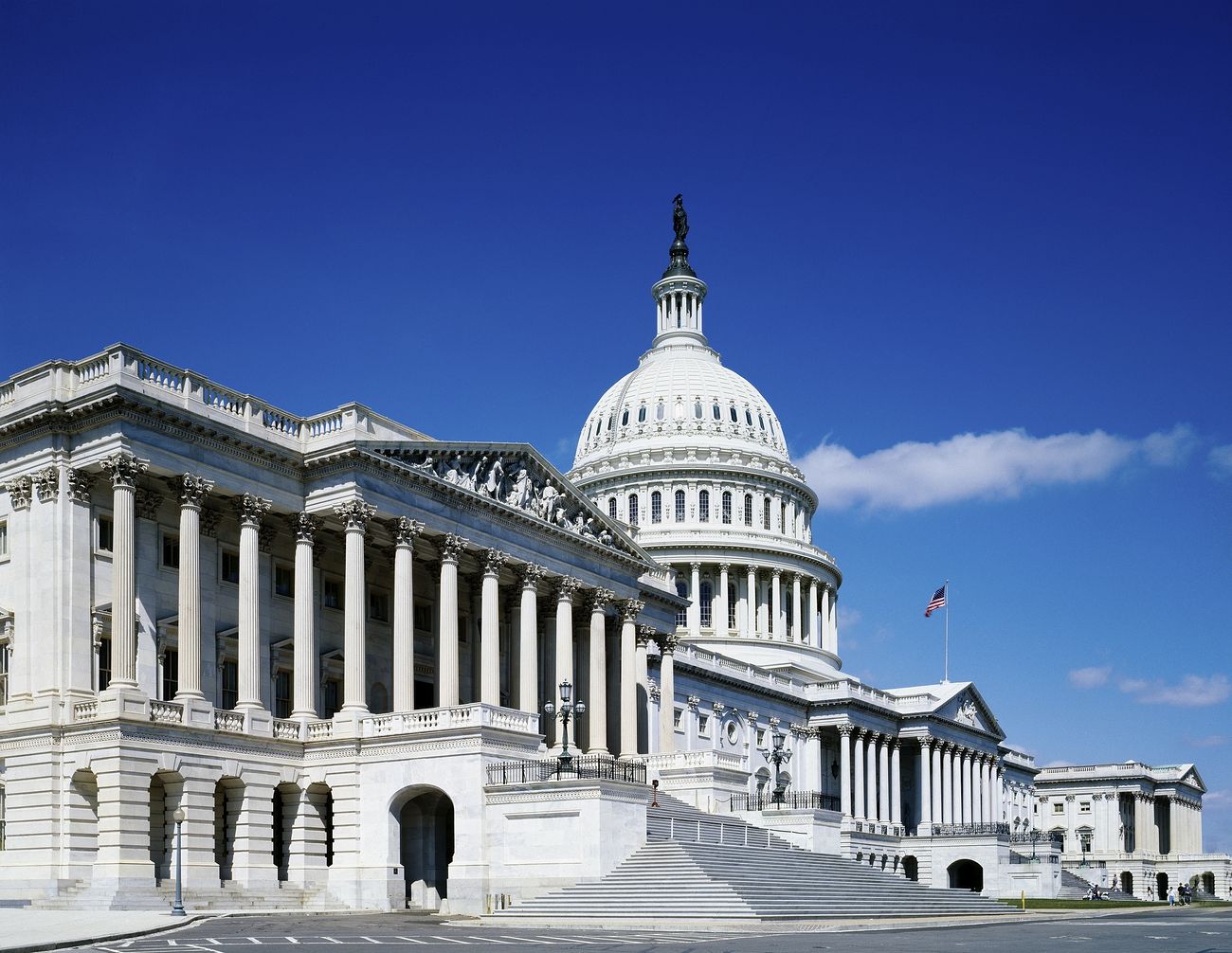
Kevin McLeod, GOV 356 – Legislative Process, Policy Issue Paper, March 8, 2021
What is DACA and President Biden’s proposed law?
The Deferred Action for Childhood Arrivals (DACA) is an immigration relief program that aims to deter deportation of children who are born in America to undocumented parents.
Biden’s proposed law is the The U.S. Citizenship Act of 2021. It creates a path to citizenship for undocumented people, makes it easier to keep families intact, funds education for unaccompanied children, supports diversity, promotes citizenship and integration, increases access for green cards and visas. It also offers $4 billion aid to Central America for greater security and mitigation of refugee issues, bolsters funding for better technology at the border, increases anti-gang/smuggling/narcotics activity, expands immigration court programs, eliminates a deadline for filing asylum claims, funds increased processing to tackle application backlogs, and offers improved protections for foreign nationals aiding U.S. troops.
What groups are against the President’s proposed law?
The Heritage Foundation (founded by European immigrants)
The Republican Party, as expressed by the Republican Study Committee. No Republicans have expressed support for the bill. Mitch McConnell, (R-KY) McConnell called the proposal “blanket amnesty that would gut enforcement for American laws while creating huge new incentives for people to rush here illegally at the same time.”
What groups support the President’s proposed law?
Evangelical Lutheran Church in America
The American Humanist Association
Senator Richard J. Durbin (D-IL)
Explain the groups that support the proposed law
Although support from the Evangelical Lutheran Church in America is unexpected given the broader general opposition to immigration among evangelicals, this is likely due to the long-standing operation (80 years) of the Lutheran Immigration and Refugee Service, which has enabled close familiarity with related issues. There is doubtless a missionary component to this support as well.
The American Humanist Society, a secular organization, has a long record of support for humanitarian values and action. The society refers to the value set underlying this support as the Ten Commitments.
In support of the Act, they state, “The U.S. Citizenship Act of 2021 provides a comprehensive policy system, based in both research and empathy, to move our immigration system into the future. Science, free inquiry, and reason should be used to further the development of good, fairness and justice.”
Senator Durbin (D-IL) is currently calling for passage of the Act.
Explain the groups that are against the idea for the proposed law
The Heritage Foundation is a conservative “think tank” that issues post-hoc justifications to support policy as its funders conceive it. Based in Washington, DC a block over from Union Station, it rose to prominence during the Reagan era, funded by Joseph Coors of beer production fame. It was modeled after the successful Brookings Institute, a liberal policy shop. In addition to its consistent opposition on immigration issues, Heritage does not acknowledge the reality of climate change.
The Republican party, which needs no introduction, is primarily interested in survival. In the face of dwindling demographics, it must intensify support from its base. It pits citizens against immigrants for this purpose. It also understands increasing immigration will likely translate to more democratic voters and this will further erode their influence.
Richard Shelby (R-AL) applauded Trump’s decision to remove DACA protections, a move that exposed young people to deportation. Added that immigration legislation was needed but not a priority.
What is your personal opinion?
Immigration has been a battleground in American politics for decades due to a (justified) fear among Republicans that new citizens would tend to vote Democratic and therefore weaken their prospects.
As a result, immigrant labor is denied protection under the law, subjected to exploitative working conditions and pay, then further denied access to services they pay for through sales tax and the like.
The U.S. is wealthy enough to absorb targeted levels of immigration for educational, compassionate and commercial purposes. Historically immigrants – both voluntary and forced – have built America and continue to do so. Their contribution should be valued and rewarded, not systematically suppressed. I support the Act.